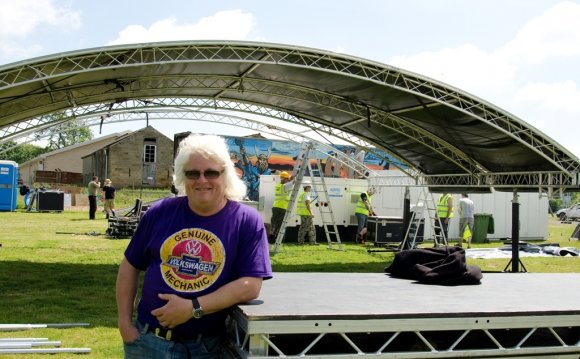
Aim-listed Sirius says the project, which is estimated to cost up to £1.5bn to build, could create thousands of new jobs in the local area and reduce the UK’s trade deficit by as much as 4pc.
However, the scheme still requires planning approvals before it can progress and faces a crunch permit meeting on June 30 with the national park committee. A panel from the national park has to agree to the project before any work can begin in the area, which takes in some of Britain’s most spectacular countryside.
If approved, the project will take five years to complete and is expected to operate for an indefinite period due to the world-scale size of the deposit. Exports are expected to be in the region of 13m tonnes per year of fertiliser from the site.
However, in order to protect the environment and reduce the impact of the scheme on the surrounding area, Sirius has had to place most of the project’s infrastructure underground. This includes a transport tunnel that will convey the mineral product from the mine to an export terminal in Redcar.
 York Potash mine
York Potash mine
Potash is already being produced in the area by ICL Fertilizers, which runs a large site previously operated by Cleveland Potash. ICL is planning to build a processing plant in the area that will treat the polyhalite that it mines.
Canada and Russia currently dominate global potash production, through companies such as Potash-Corp of Saskatchewan and Uralkali, which operates in Russia’s Ural mountains. Other major players in the industry include mining giant BHP Billiton and K+S Group of Germany. Five years ago, BHP had a $40bn bid to buy PotashCorp blocked by the Canadian government.
Uralkali, the world’s biggest potash producer, believes global demand for the fertiliser will hit 60m tonnes by 2016, compared with 51m tonnes in 2013.
Demand for potash and fertiliser is being driven by the global push to produce more food for rapidly growing populations.
According to Bank of America Merrill Lynch, the world by 2050 will need to produce 70pc more food than it does today in order to feed 9.6bn people.
Without more fertiliser production, the target will be impossible to achieve.
Despite the attraction of developing a world-scale fertiliser deposit close to major agriculture customers in Europe, major mining groups have so far kept clear of North Yorkshire. However, that may change if Sirius obtains approvals.
“We’re open to partnering but for the moment we’re setting ourselves up to deliver this project on our own, ” said Mr Fraser.
Although the long-term outlook for potash is positive, broker Macquarie expects overall demand to fall this year, led by a slowdown in China. The broker expects demand to drop by 7pc year on year, with Chinese imports falling by 7pc.
YOU MIGHT ALSO LIKE












